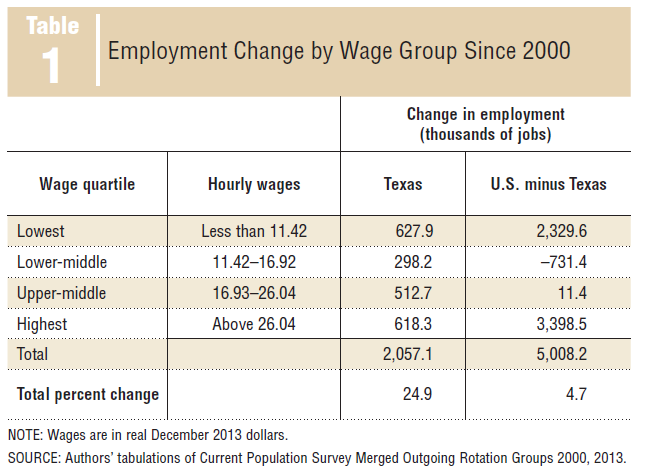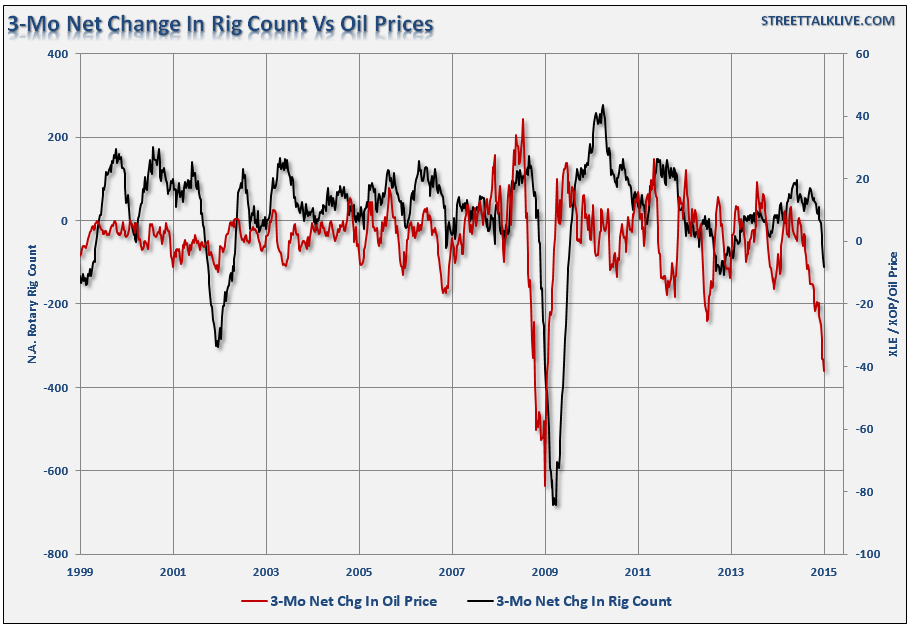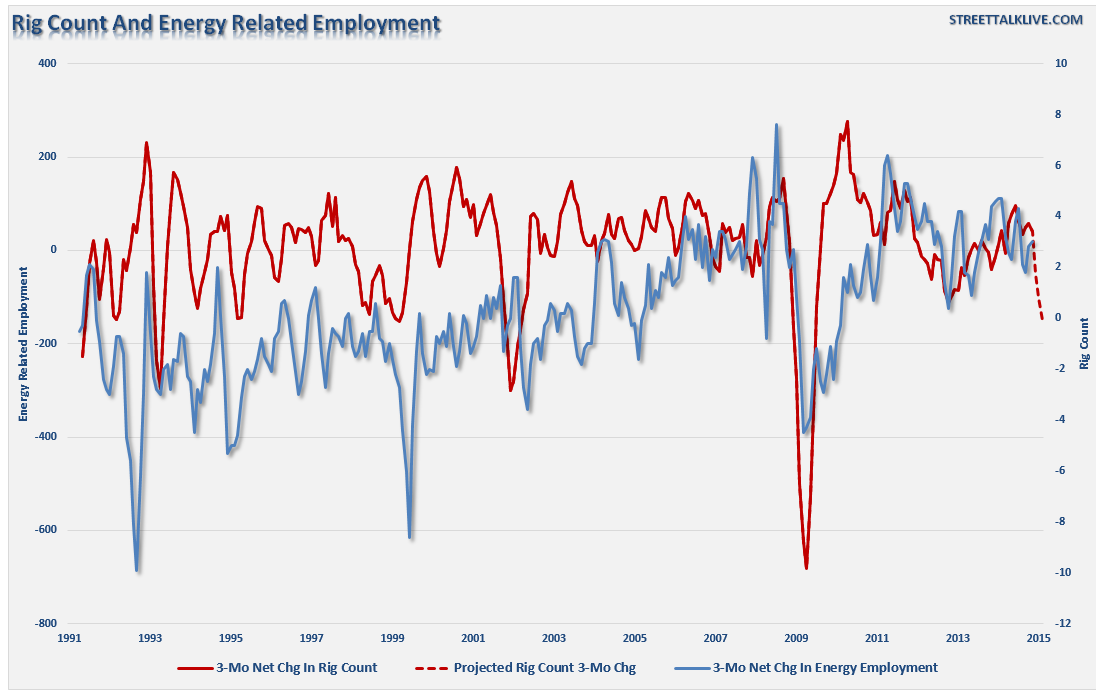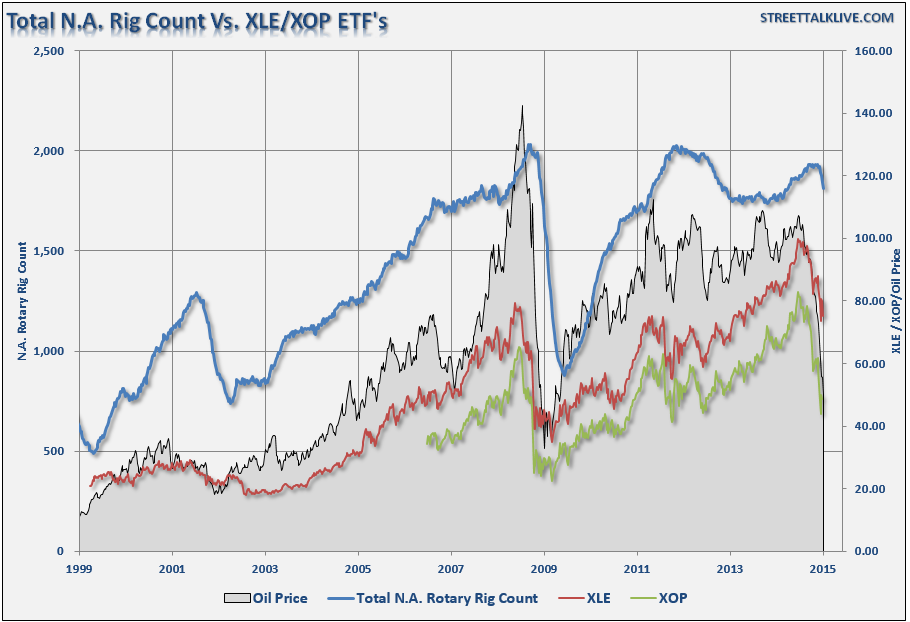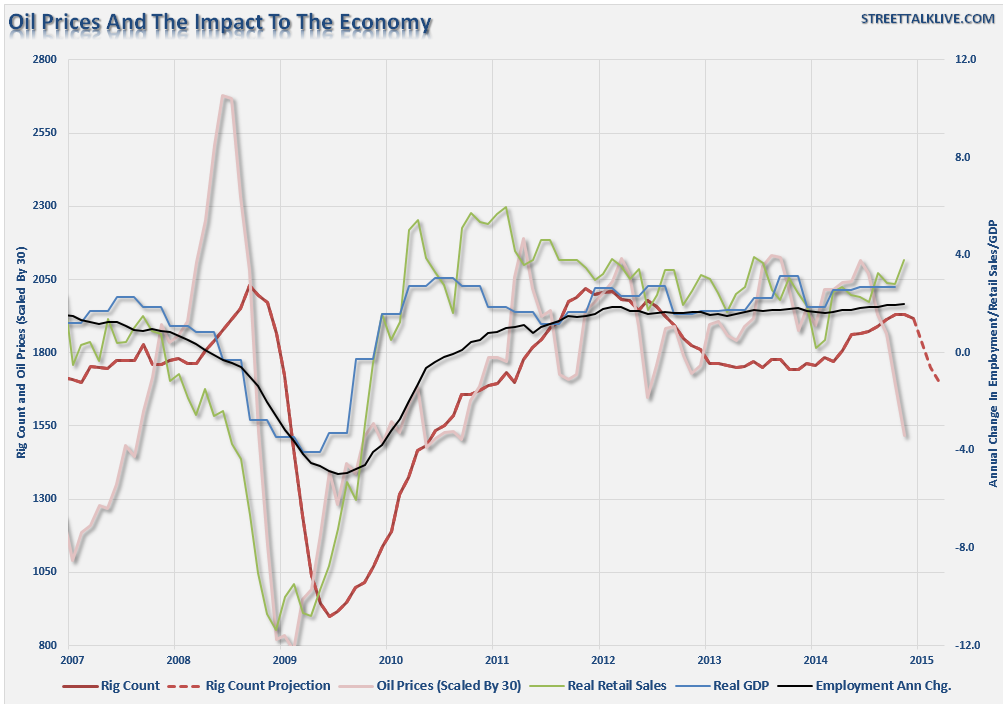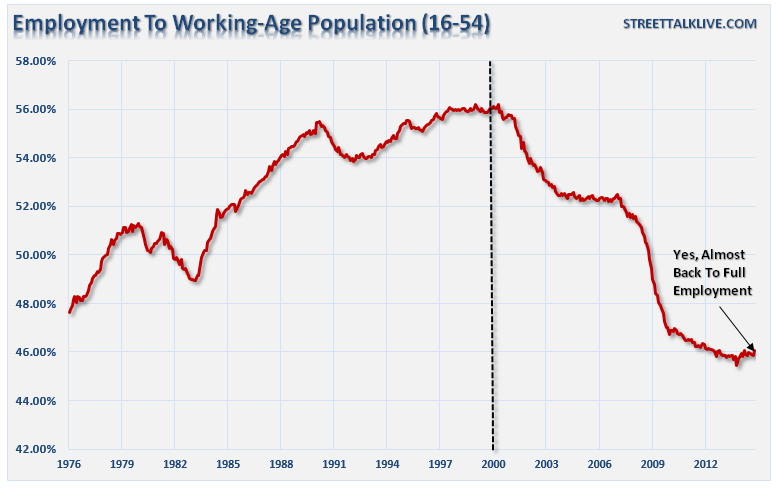A few years ago I spent a good deal of time overseas. When you travel for an extended period, it is always interesting to begin to understand the perception that people in other parts of the world have about where you come from. When I was living and working in Spain, it was a common misconception that since I was from Texas I must own cows and oil wells. (I was also asked several times if we really did ride horses to work and wear cowboy hats. Okay, some people still do.) The point is that perception and reality can be two entirely different things. The current perception is that falling oil prices will be a net positive to the economy. However, could reality actually be quite different?
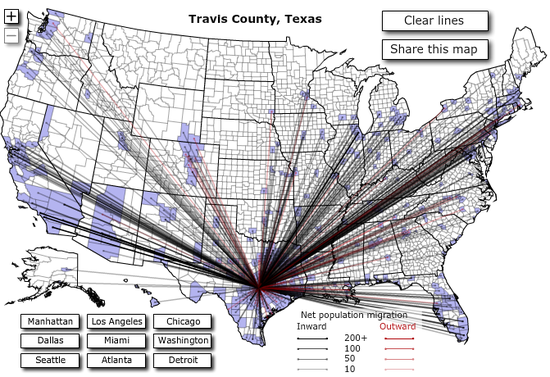
Since 2010, the Texas economy has boomed due to the surge in oil prices, which has led to substantial increases in employment, net worth and corporate profits. People from all over the country have moved to Texas in droves in search of higher wage-paying employment than what could be achieved in many other states. With a substantially lower cost of living, Texas has been a mecca in the desert of economic growth found in many states since the financial crisis.
As I wrote recently in Falling Energy Costs:
"Oil and gas production makeup a hefty chunk of the "mining and manufacturing" component of the employment rolls. Since 2000, when the oil price boom gained traction, Texas has comprised more than 40% of all jobs in the country according to first quarter data from the Dallas Federal Reserve."
This is a very important point as oil prices continue to fall towards the $40/bbl range. As oil prices rise and fall so does the number of rigs being utilized to drill for oil which ultimately also impacts employment. This is shown in the two charts below. The first is oil prices versus rig count, and the second is rig count versus employment in the oil and gas sector of the economy.
Obviously, the drawdown in energy prices is going to start to weigh on the Texas economy rather sharply over the next several months. Several energy companies have already announced layoffs, rig count reductions and budgetary cuts going into 2015. It is still very early in the cycle so it is likely that things will get substantially worse before they get better.
When it comes to investing in energy related companies, it may be too soon to be calling a bottom as well. It is highly likely that rig counts are going to fall rather sharply over the next several months. As shown in the chart below there is a very high correlation between the prices of energy companies (as represented by (XOP) and (XLE) and the number of operating drilling rigs.
As I stated, it is currently a widely held belief that the decline in energy prices is a POSITIVE for the overall economy as it provides consumers with relief at the gas pump allowing them to spend elsewhere in the economy. As I have discussed previously, there is scant evidence that this is indeed the case.
However, instead of rehashing old thoughts, let's take a look at the relationship between oil prices, rig count, and the economy. The chart below compares oil prices and rig count to the annual change in real GDP, retail sales, and total employment.
The historical data suggests that while the economy currently appears to be doing better than its global counterparts, the decline in oil prices is likely to going to begin to provide a bigger than expected drag on the economy.
This should not be surprising. It is currently estimated that each job created in the energy sector, which are some of the highest wage paying jobs in the country, contributes roughly 2.8 jobs elsewhere. One of the prime examples of this has been North Dakota where the fracking industry has led to an employment boom for everything from waiters to exotic dancers as reported by CNN Money:
"Forget Vegas. Strippers are discovering they can make ten times as much dancing in the oil boomtown of Williston, N.D.
Thousands of men have come here seeking high-paying jobs working for the oil companies. And, at the end of the day (or four or five days when they're working on a rig), many of them are looking for some female companionship at one of the town's two strip club's, Whispers or Heartbreakers."
Let's go back to the migratory pattern of employment for moment. The immigration of employment to Texas has been both a boon and a potential curse. In 2014, then Texas Governor Rick Perry quipped:
""If you rent a U-Haul to move your company, it costs twice as much to go from San Francisco to Austin than the other way around, because you can’t find enough trucks to flee the Golden State,"
While the inflows into Texas have elevated home prices, spurred additional economic growth and lifted incomes; the question is what happens now? The potential rise in unemployment in Texas will leave many without options. Many of the states that people fled from are in not much better shape today than they were several years ago. Furthermore, with a large chunk of the 16-54-year-old population currently out of the labor force, the competition for jobs remains incredibly high.
While it is certainly hopeful that the U.S. economy can somehow escape "death by a thousand oil price declines," I suspect that the global deflationary pressures are coming home to roost much more quickly than expected. The recent Markit Services PMI report confirmed the same as they stated:
"The PMI surveys act as good leading indicators of GDP data, and suggest that the pace of US economic growth will have slowed in the fourth quarter. According to the PMIs, fourth quarter growth is looking more like 2.0% rather than the 5.0% annualised rate of expansion enjoyed in the third quarter.
“Job creation has waned alongside the slowdown, with the survey indicating that monthly payroll growth has slipped significantly below the 200,000 mark. Companies have become increasingly reluctant to take on staff due to the cloudier economic outlook, in turn linked to various factors ranging from global geopolitical concerns, worries about higher interest rates and uncertainty about rising staff healthcare costs."
While the vast majority of mainstream economists and analysts currently expect 2015 to be another robust year for the economy and the markets, there is a rising risk to that forecast.
If oil prices, a reflection of global economic demand, remains depressed for a considerable period of time, the negative impacts of loss of employment, reductions in capital expenditures and declines in corporate profitability could outstrip any small economic benefit gained from lower oil prices. As I stated previously, for those of us who have lived in Texas long enough to remember the oil rout in the early 80's, the greatest fear in 2015 is that oil prices remain low.

